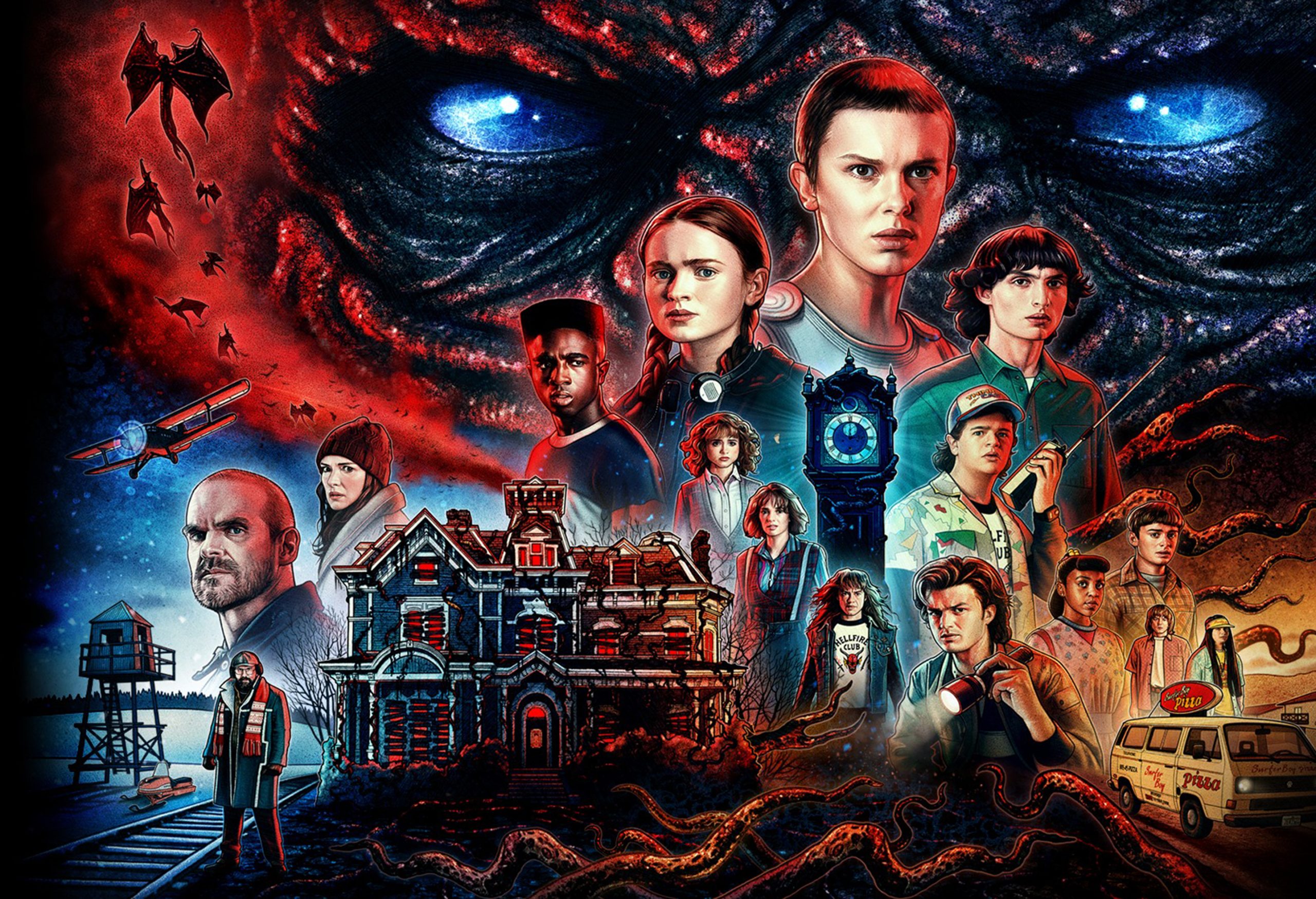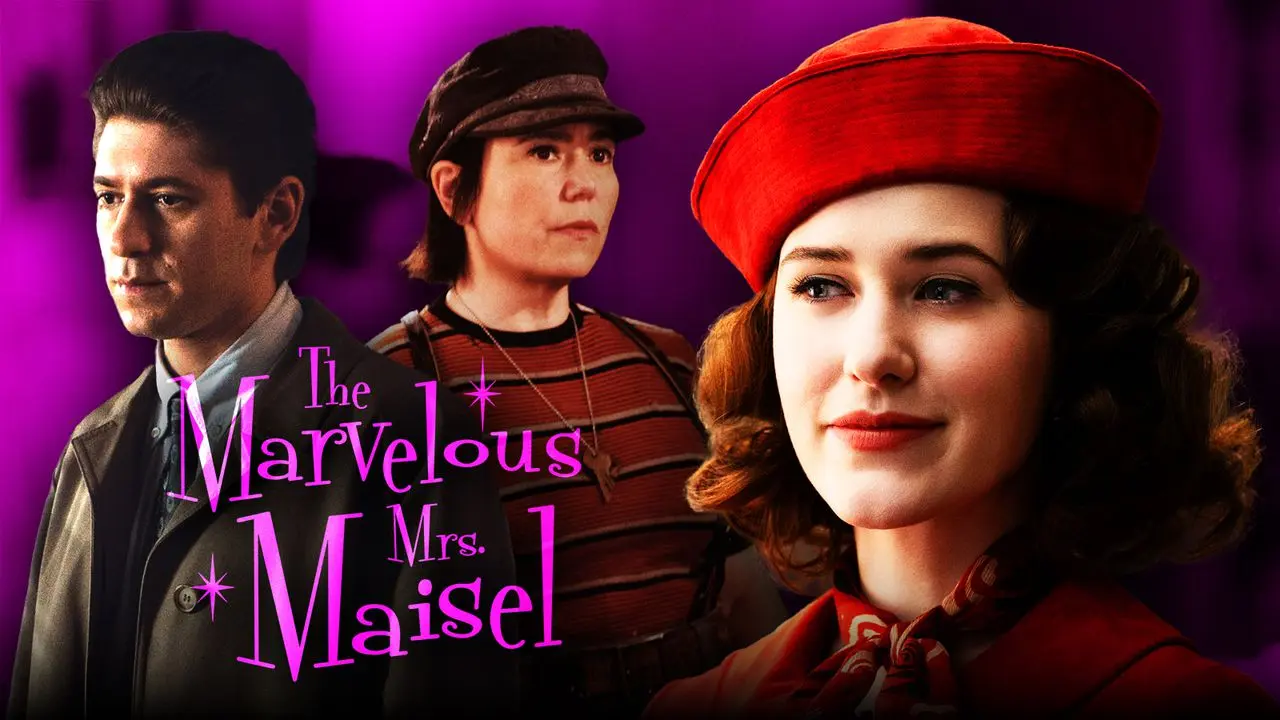Dexter: New Blood marks the much-anticipated revival of the iconic TV series that originally aired from 2006 to 2013. Created by James Manos Jr. and based on Jeff Lindsay’s novel Darkly Dreaming Dexter, the show became a cultural phenomenon, captivating audiences with its unique blend of crime drama, psychological thriller, and dark comedy. The series starred Michael C. Hall as Dexter Morgan, a blood-spatter analyst for the Miami Metro Police Department who led a secret life as a vigilante serial killer.
New Blood, set ten years after the original series finale, breathes new life into the character of Dexter Morgan. This revival, comprising ten gripping episodes, dives back into the eerie world of Miami, Florida, bringing with it a thrilling combination of nostalgia and fresh storytelling. In this comprehensive exploration, we delve into the intricacies of Dexter: New Blood, dissecting its plot, characters, and the impact it has had on both loyal fans and newcomers alike.

The Return of Dexter Morgan
The revival of Dexter: New Blood finds Dexter Morgan living under the pseudonym Jim Lindsay in the fictional town of Iron Lake, New York. Having faked his death a decade earlier, Dexter has attempted to bury his dark past and lead a more subdued life as a sales associate at Fred’s Fish & Game store. However, the urge to kill resurfaces when a series of gruesome murders shocks Iron Lake, reminding Dexter of his true nature.
As Dexter grapples with his desires and attempts to control his darker impulses, he becomes entangled in a web of secrets, lies, and unexpected alliances. The revival explores themes of redemption, identity, and the consequences of one’s actions, adding layers of complexity to the character of Dexter Morgan.
New Faces and Familiar Voices
While Dexter: New Blood brings back the titular character, it also introduces new faces that enrich the narrative tapestry. One such addition is Julia Jones, who portrays Angela Bishop, the town’s chief of police. Angela, a strong-willed and determined officer, becomes a central figure in Dexter’s life, sparking both suspicion and curiosity.
Another significant newcomer is Clancy Brown, who embodies Kurt Caldwell, a powerful and influential businessman with a dark past. Caldwell’s enigmatic demeanor and questionable activities make him a formidable adversary, forcing Dexter to confront his own demons while navigating the complexities of their interactions.
Additionally, the revival reunites Dexter with familiar faces, including Jennifer Carpenter as Debra Morgan, Dexter’s deceased sister, whose presence looms large over his psyche. Carpenter’s return adds depth to the storyline, exploring the unresolved emotions and trauma stemming from Debra’s tragic demise in the original series.
https://youtu.be/0Mk9uvbhnQc
Exploring Dexter’s Evolution
One of the most intriguing aspects of Dexter: New Blood is its exploration of Dexter Morgan’s evolution as a character. Over the course of the series, viewers witness Dexter grappling with his dual nature—a forensic expert committed to solving crimes by day and a meticulous serial killer by night. The revival delves into Dexter’s internal struggles, offering a nuanced portrayal of his internal conflict and moral ambiguity.
As Dexter navigates the challenges of blending into a small community while battling his dark urges, the revival delves into the psychology of addiction and compulsion. The show skillfully examines whether Dexter can truly escape his past or if his destiny is inexorably tied to his murderous instincts. This introspective journey allows viewers to witness Dexter’s growth, self-discovery, and confrontations with his past sins.
Themes of Justice and Morality
At its core, Dexter: New Blood delves into profound themes of justice, morality, and the blurred lines between good and evil. Dexter’s vigilantism raises questions about the nature of justice: Is he a hero dispensing his version of retribution, or is he a monster driven by impulse and darkness? The revival challenges viewers to reevaluate their perceptions of morality and reexamine their understanding of right and wrong.
Moreover, the series explores the impact of trauma on individuals and communities, illustrating how past events can cast long shadows and shape the destinies of those affected. The characters in New Blood grapple with the consequences of their actions, leading to moments of introspection and self-discovery that resonate with the audience.
A Nostalgic Homage and Fresh Direction
One of the remarkable achievements of Dexter: New Blood lies in its ability to pay homage to the original series while forging a distinct identity of its own. The revival seamlessly incorporates elements that fans cherished, such as Dexter’s internal monologues and the signature kill room, evoking a sense of nostalgia that fans of the original series will appreciate.
Simultaneously, New Blood ventures into uncharted territory, embracing a darker tone and heightened suspense. The show’s pacing is meticulous, building tension with every episode and delivering heart-pounding moments that keep viewers on the edge of their seats. The narrative unfolds with unexpected twists and turns, subverting traditional tropes and submerging the audience into a world of intrigue and uncertainty.
Critical Reception and Impact
Upon its release, Dexter: New Blood garnered widespread critical acclaim, with critics praising its compelling storyline, strong character development, and the electrifying performances of the cast, particularly Michael C. Hall. The revival successfully reignited the fervor of longtime fans while drawing in new viewers, creating a buzz within the television landscape.
The revival’s impact extended beyond the small screen, sparking discussions and fan theories across social media platforms. Memorable moments and shocking revelations became topics of fervent debate, further solidifying Dexter: New Blood‘s status as a cultural phenomenon.
Conclusion: A Triumph of Revival
In conclusion, Dexter: New Blood stands as a triumph of revival, breathing new life into the beloved character of Dexter Morgan and crafting a storyline that is both respectful of its origins and audaciously innovative. The revival’s exploration of Dexter’s psyche, its thematic depth, and its seamless integration of familiar faces and new characters contribute to its success.
With its gripping narrative, exceptional performances, and thought-provoking themes, Dexter: New Blood not only captivated the hearts of fans but also left an enduring legacy in the annals of television history. As the series draws to its riveting conclusion, it reaffirms Dexter Morgan’s status as an enigmatic and unforgettable figure, reminding viewers of the complexities of human nature and the eternal struggle between light and darkness.


